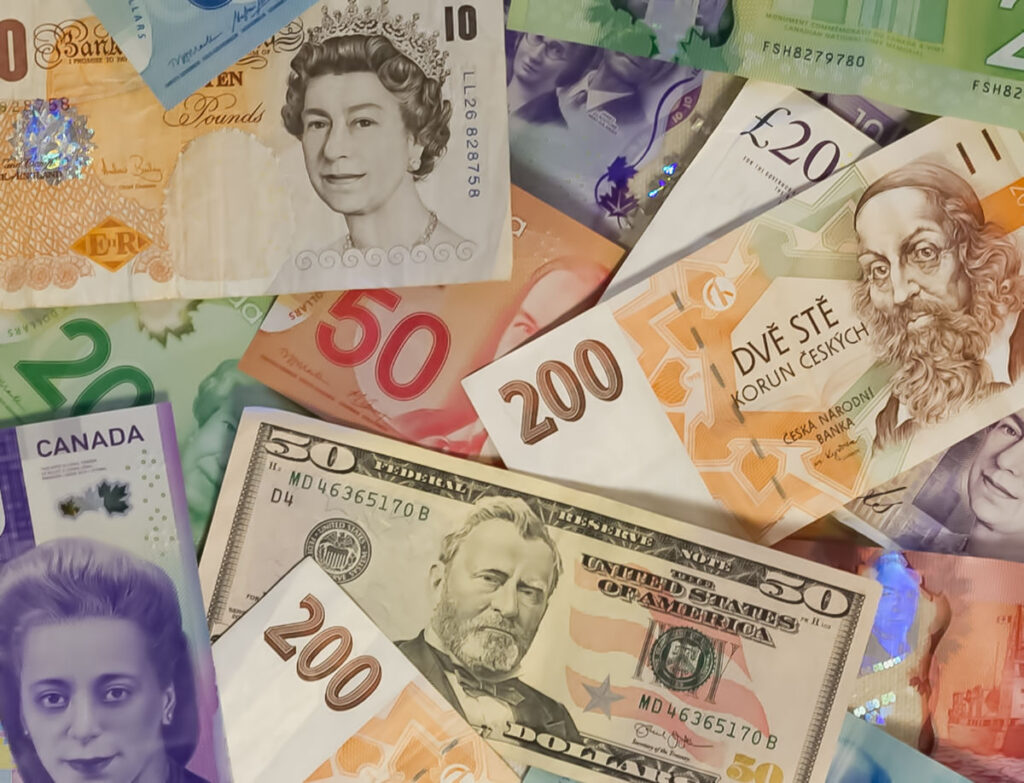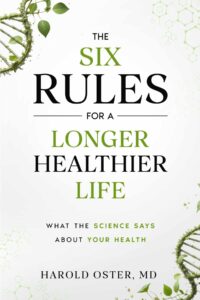What Is Money?
What Is Money?

What is money sounds like a stupid question. It’s not. The best explanation I have read was in Basic Economics by Thomas Sowell. Paraphrasing, money is the intermediary for exchanging things between people. The economy, whether for my little family or the entire country, is the allocation of a scarce resource that has alternative uses. I have tweaked his definition of money and put it in more personal terms. I think more about the value of money rather than the economics professor’s definition.
I have always been able to buy the things I need. My father was a physician. We had a nice house and a car, and we never worried about the price of food. I am also a physician, so I can still buy what I need. Money is still the same for people in my shoes and the less fortunate, though some have more and some have less. So, what is money? Money is what it gets you–what it buys. If I have enough to buy food, shelter, transportation, a smartphone, access to health care, and some left for entertainment, do I have everything I need? I buy other things, but I don’t need them. I don’t need a latte from Starbucks every morning. I don’t need to go to an expensive restaurant. And I don’t need a Mercedes roadster.
While most people in the world have electricity, a third don’t have access to the internet, and a quarter don’t have secure access to drinking water. And we talk about needing the latest iPhone. We have a different idea of need. How often does a person “need” to visit the dentist or change their oil? I don’t know. You need access to a dentist and a car first.
I am not saying we shouldn’t go to the dentist or have a nice car. I am saying that we can do better thinking about what money is. It is only what it buys. The issue is that we all have a different idea of what we need and what is important. In my office, staff complain that they don’t have money to fly home for the holidays, but they have a Frappuccino every day (a milkshake with coffee in it) and never pack their lunch. The money that paid for coffee and McDonald’s was no longer available for the flight home.
My medical practice is in a town with poor and wealthy people. Some are on medical assistance, and others take first-class cruises. On the same day, I see those who cannot pay for healthy food while others complain of lost luggage in Europe.
People decide what they need to buy and what the price should be. I might pay 50 dollars extra for a plane flight if I don’t have to arrive at midnight. I will buy a nice road bike to get exercise but stay at crappy hotels. Netflix or a Gym membership; organic food (prove to me the benefit) or better running shoes; a daily pack of cigarettes or health insurance.
On a smaller level, look at the price of apps and subscriptions. Bluehost hosts this website. They put my website online for less than five dollars a month, doing everything but writing the blog posts. At the end of the year, the price goes up to about ten dollars a month. On review sites, Bluehost is criticized for raising the rate so high. Ten dollars a month is high? That is less than Netflix and less than two lattes at Starbucks.
One of the saddest examples is medication. I have had many patients complain about the price of medicines. Warfarin, an old medication for blood clots and prevention of stroke in certain conditions, is inexpensive but has a high risk of bleeding, interacts with food and medications, and requires frequent blood tests to monitor its effect. Some newer medications work better, have less risk, have few interactions, and require minimal monitoring. These medications cost more money. Patients often complain about the expense and choose to stay on the warfarin. Most people say their health is the most important thing. Yet, they don’t act that way. The same people who won’t pay the fifty or a hundred a month for better medication will go out for hundred-dollar meals or pay $900 a month for their BMW five series. Or they will hoard their money and never buy anything.
Saving money sounds like a good idea, and it often is. But you should think about what you are saving for. I save money so eventually, I can concentrate on meaningful pursuits other than my medical practice. I want to have enough money that there is little chance I will ever depend on our son to take care of me later. When I was young, I saved money so that I never needed to depend on my parents or anyone else in an emergency. I never wanted to run out of money until the next paycheck.
Maybe you think it is okay to live on the edge. Perhaps you are willing to spend money now and figure it out later. You have your choices, and I have mine. But see that it is a choice and make it. That is the main point of this article. Most people don’t make a conscious choice.
We all have our own decisions to make regarding what we use our money for. I am no better at these choices than anyone else. I have not been a good example of doing this wisely. My wonderful wife has a saying. Don’t buy things—buy things to do. That is a good rule, but there are gray areas, like whether the coffee machine is a thing or something that leads to coffee and conversations around the breakfast table. An Apple Watch is a toy for most people, but it does help with exercise and general health. I try to buy only things to do, like trips and time with family.
The truly poor may have to choose between healthy food and gas for the car. But many people in the United States are faced with the choice of upgrading to a 70-inch TV or a trip to visit an old friend. Daily Frappuccinos or a gym membership. Three streaming channels or a gym. Remember what money is. Whether you have a lot or a little, money is what you buy. Make a choice. Spend your money or save it. But do it with intent.

